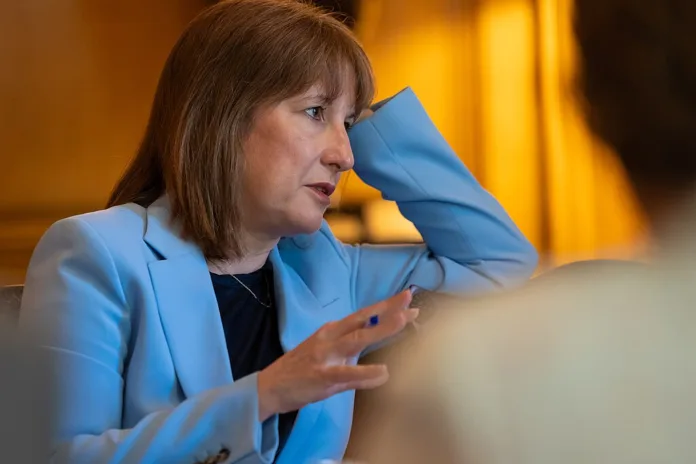Chancellor launches Gulf trade drive as critics condemn ties with Saudi Arabia over abuses
Chancellor Rachel Reeves is set to lead a high-profile trade delegation to Saudi Arabia this week, as the government pushes ahead with efforts to strike a lucrative deal with the Gulf Cooperation Council (GCC) — despite growing criticism over the kingdom’s human rights record.
Reeves, the first UK chancellor to visit the Gulf in six years, will be joined by senior ministers and prominent British business figures for meetings in Riyadh. The mission aims to deepen the UK’s economic relationship with the region and secure a GCC trade agreement that ministers claim could boost the British economy by £1.6bn a year and increase UK workers’ wages by a further £600m in the long term.
Speaking ahead of the visit, Reeves said: “Our number one priority is growth, so I am taking Britain’s offer — of stability, regulatory agility and world-class expertise — directly to one of the world’s most important trade and investment hubs.”
She added that the government intends to go “further and faster on partnerships that create good jobs, boost business and bring investment into communities across the UK.”
However, human rights campaigners and trade unions have condemned the trip, accusing ministers of turning a blind eye to Saudi Arabia’s record on civil liberties, workers’ rights, and the treatment of women and minorities.
Embed from Getty Images
The Trades Union Congress (TUC) warned that no deal should be made without firm legal commitments to improve human rights protections. “Our view on trade deals is consistent: the government should not agree deals with countries that abuse human rights and workers’ rights, and violate international law,” a TUC spokesperson said.
Reeves is expected to meet senior Saudi royals, US administration officials, and global investors during her visit, which coincides with two major business summits — the Fortune Global Forum and the Future Investment Initiative, known as Davos in the Desert. The chancellor will use both events to promote the UK as a stable destination for global capital amid ongoing global economic turbulence.
She will be joined by Jason Stockwood, the minister for investment, and leading British business executives including CS Venkatakrishnan, chief executive of Barclays; Sir Jonathan Symonds, chair of GSK; Georges Elhedery, CEO of HSBC; and Julia Hoggett, head of the London Stock Exchange.
Government data shows that trade with the Gulf is already worth £59bn annually, making it the UK’s seventh-largest export market. A deal with the GCC — which includes Bahrain, Kuwait, Oman, Qatar, Saudi Arabia, and the UAE — could raise bilateral trade by around 16%, according to Treasury estimates.
Saudi Arabia’s sovereign wealth fund, the Public Investment Fund (PIF), has become one of Britain’s largest foreign investors, acquiring stakes in major assets including a 15% share of Heathrow Airport. The Gulf’s financial influence in London has grown sharply, even as human rights campaigners continue to accuse Riyadh of using wealth and sport to “whitewash” its reputation.
Reeves’s visit also comes amid mounting pressure on the Treasury ahead of the government’s second budget on 26 November. With a public finance gap reportedly as high as £30bn, the chancellor is under pressure to attract investment and potentially raise taxes to stabilise the economy.
Officials close to Reeves said she would “acknowledge areas of divergence and cultural differences” in her meetings with Saudi leaders, though critics have already branded the trip hypocritical.
Just three years ago, Sir Keir Starmer condemned then-prime minister Boris Johnson for “going cap in hand from dictator to dictator” after his 2022 meeting with Crown Prince Mohammed bin Salman. But since becoming prime minister himself, Starmer has softened his tone, saying engagement with the Gulf is necessary to “grow the UK economy.”
Stockwood defended the trade mission, insisting it would create opportunities for British firms. “By deepening our economic ties with the region, alongside our ongoing trade talks with the GCC, we will open new doors for British exporters, attract high-value investment, and fuel growth in the UK,” he said.
Still, for many rights advocates, the chancellor’s high-stakes visit symbolises a deepening tension at the heart of British foreign policy — between the pursuit of profit and the price of principle.
